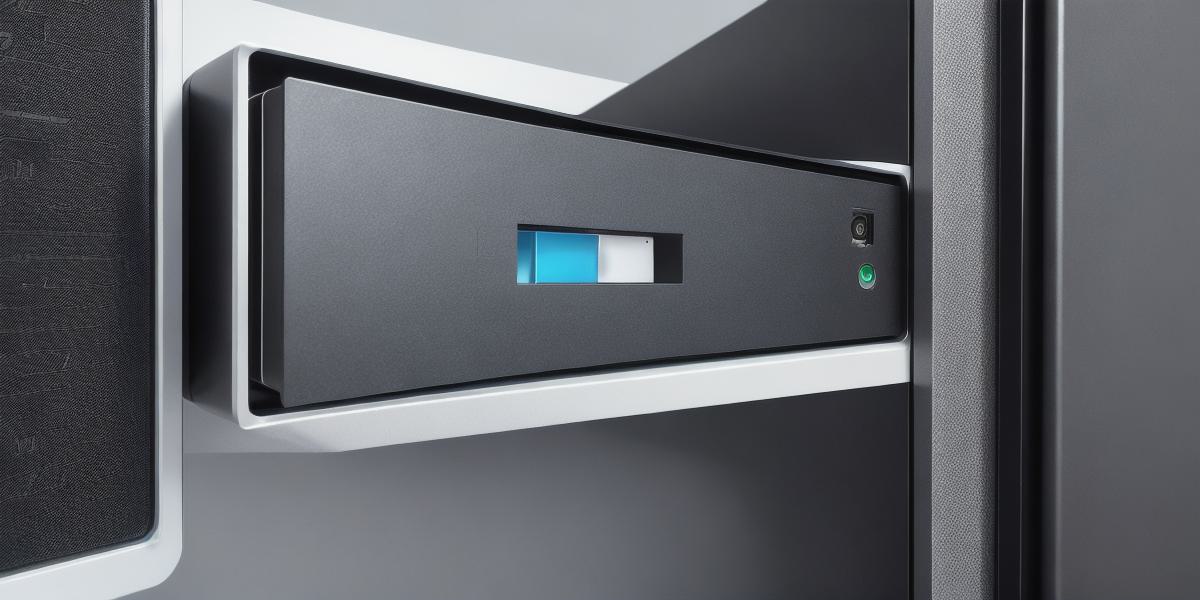Best Practices for Private Email Server Security Measures

Are you a programmer who wants to ensure the security of your private email server? Look no further! In this article, we’ll explore the best practices for securing your private email server and protecting your sensitive information.
Firstly, it is essential to keep your server up-to-date with the latest security patches and updates. This will help prevent any vulnerabilities from being exploited by hackers. Additionally, consider implementing two-factor authentication to add an extra layer of security to your login process.
Another crucial aspect of securing your private email server is to use strong passwords for all accounts. Avoid using easily guessable passwords like "password123" or "qwerty" and instead opt for a more complex, random password that includes letters, numbers, and special characters.
You should also be mindful of phishing scams, which are designed to trick you into revealing sensitive information such as your login credentials or bank account details. Be cautious when opening emails from unknown senders and never click on suspicious links or download attachments without verifying their authenticity.
When it comes to storing sensitive data, it is best practice to encrypt it both in transit and at rest. This will prevent unauthorized access to your data even if your server is compromised. Additionally, consider implementing email retention policies to limit the amount of sensitive information stored on your server.
Lastly, it is essential to have a disaster recovery plan in place in case of any security breaches or system failures. This should include regular backups of all data and testing of your recovery procedures to ensure they are functioning correctly.
In conclusion, securing your private email server requires a multi-faceted approach that includes keeping your server up-to-date, using strong passwords, being cautious of phishing scams, encrypting sensitive data, and having a disaster recovery plan in place. By following these best practices, you can protect your sensitive information and ensure the security of your private email server.








